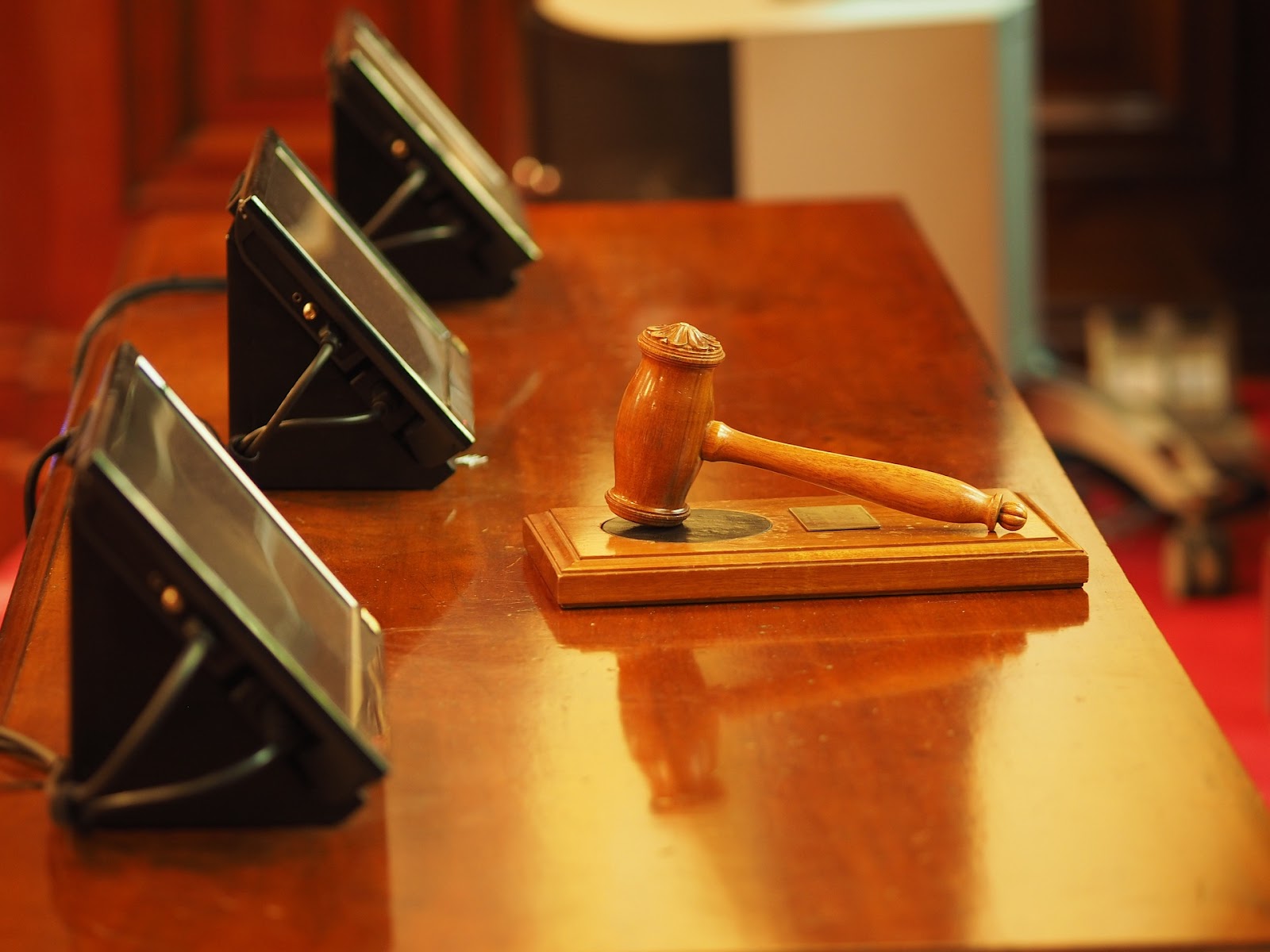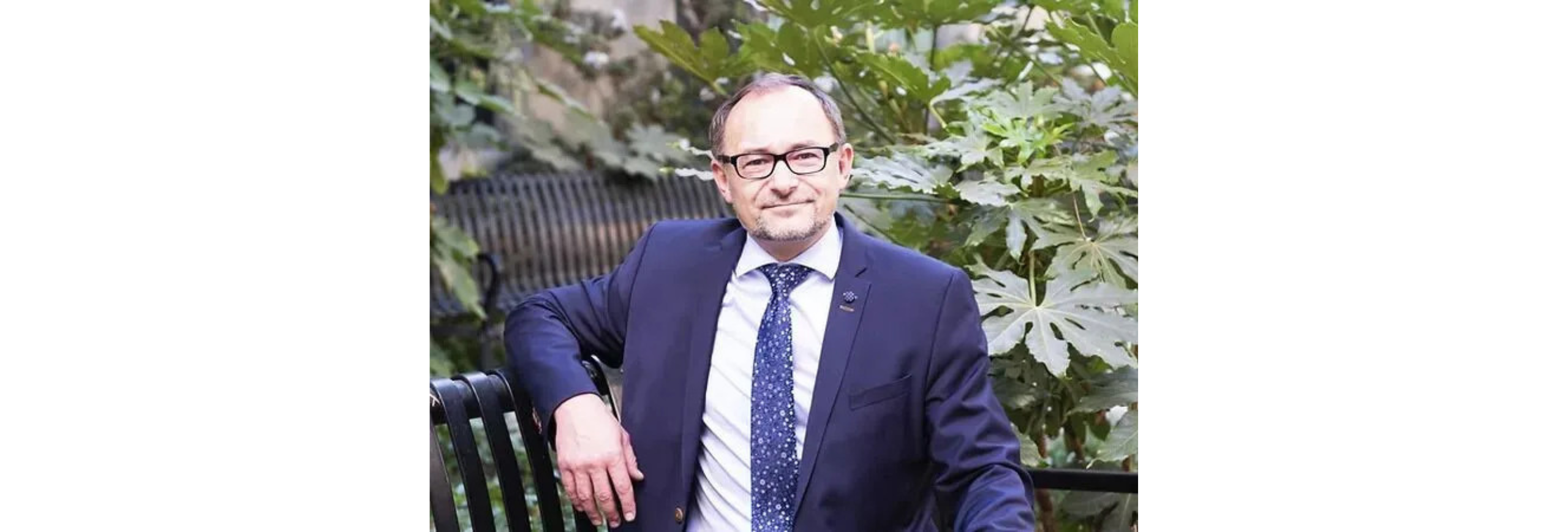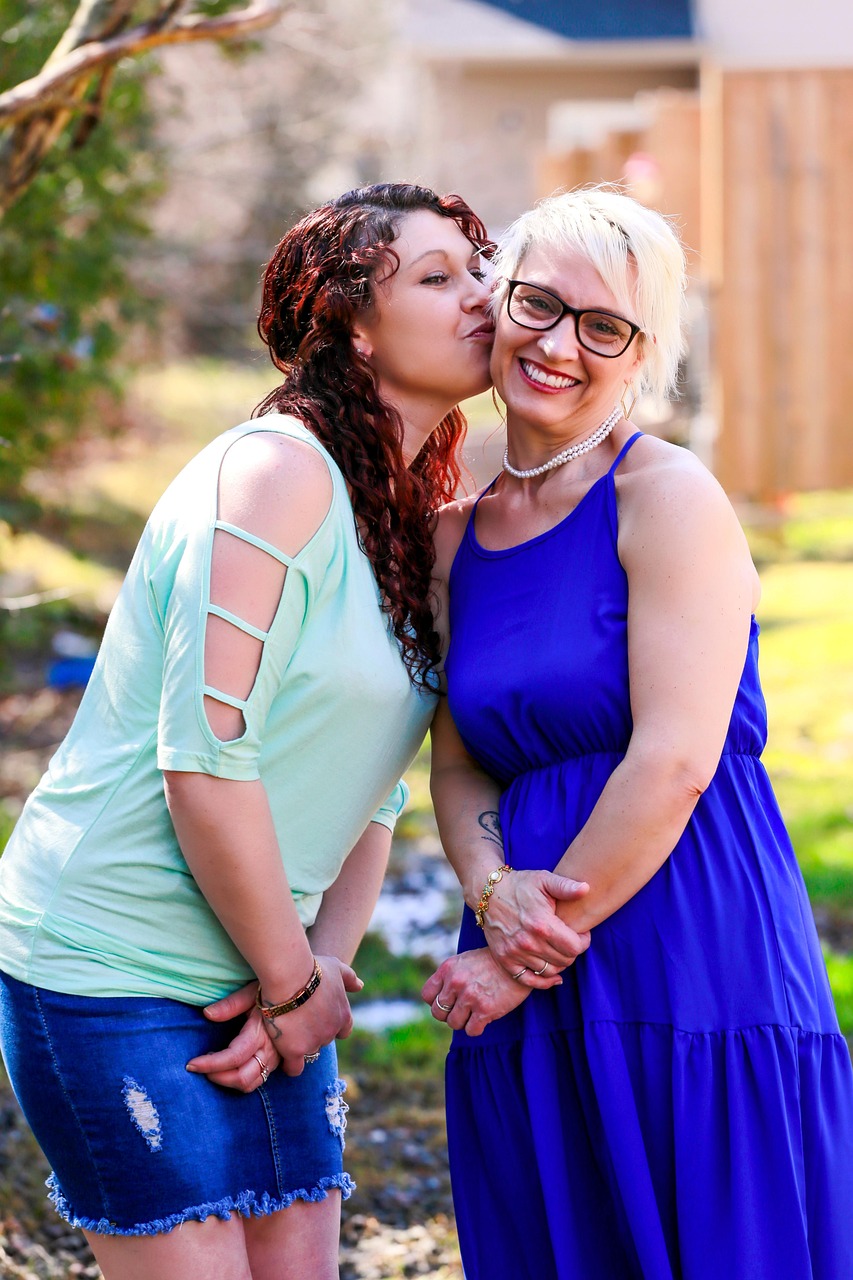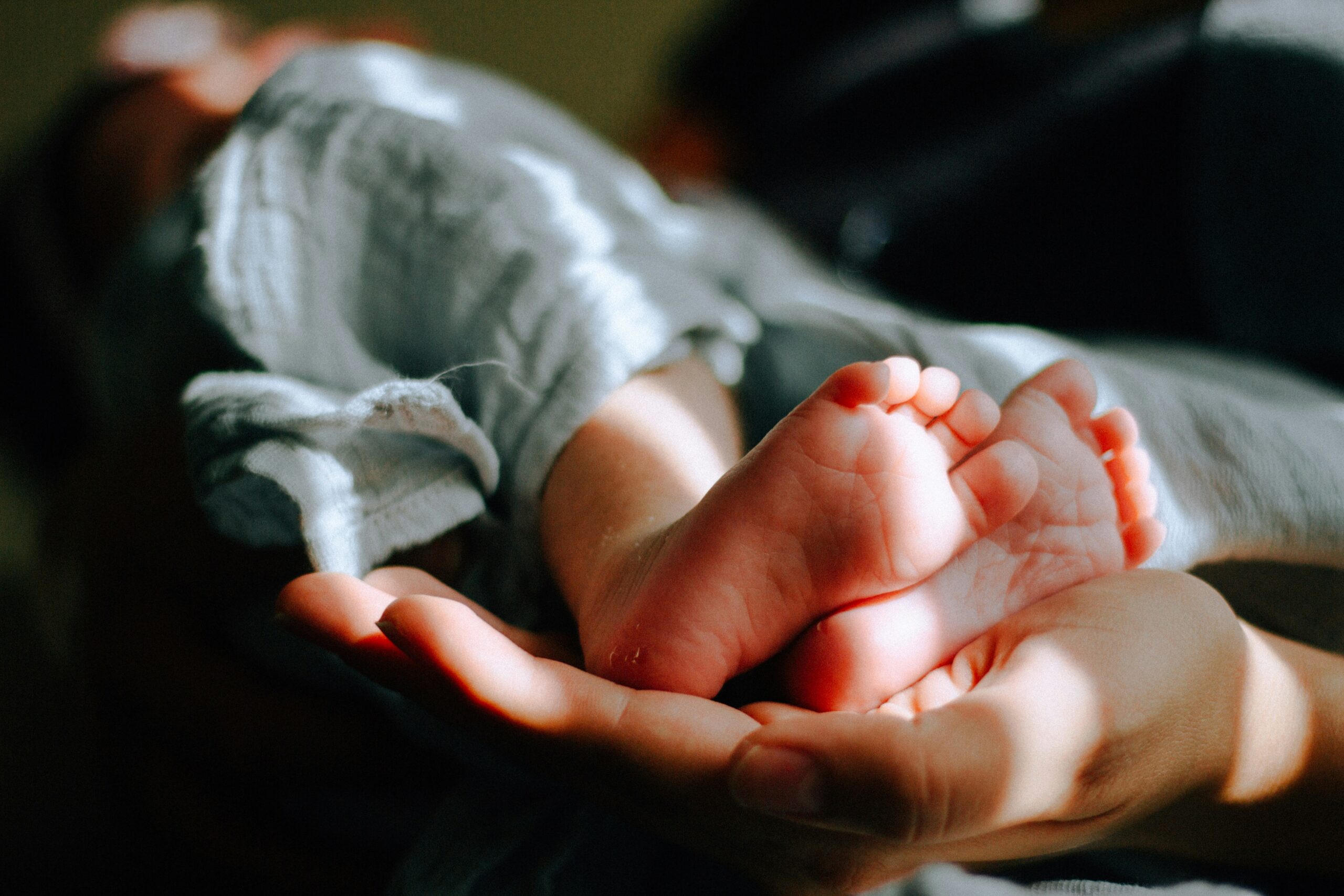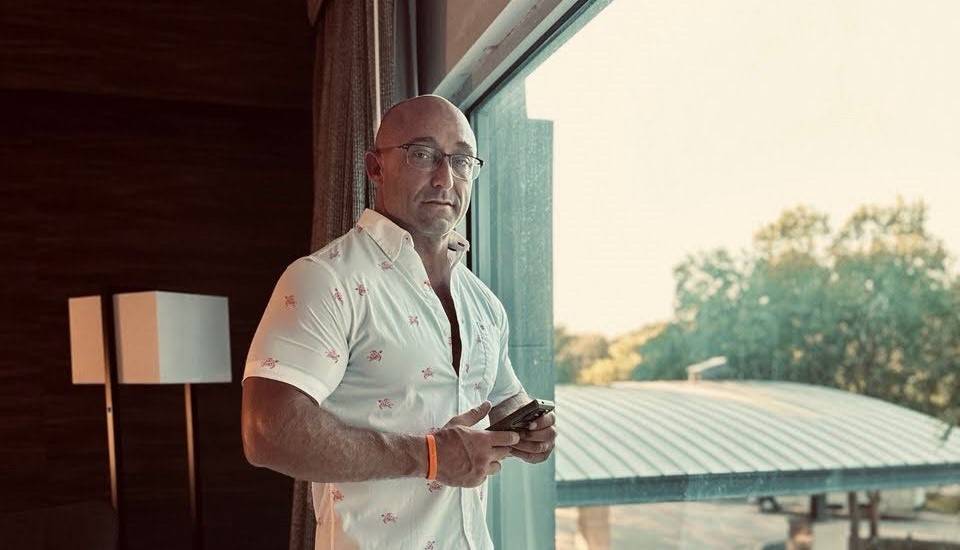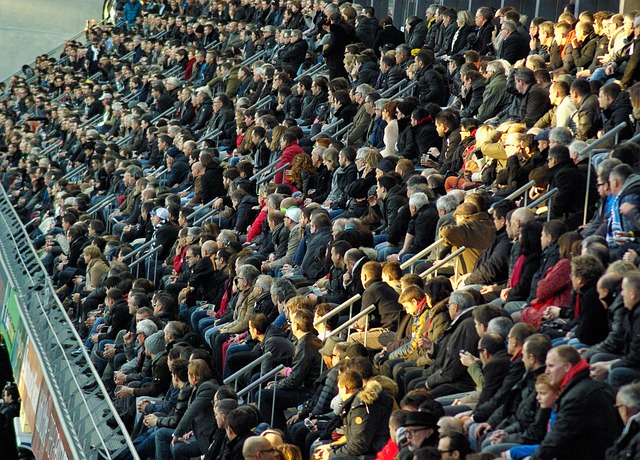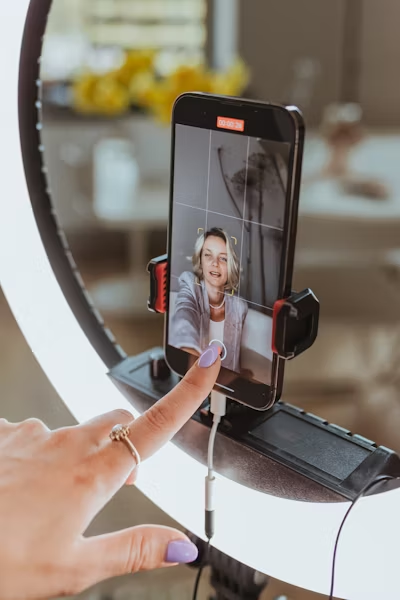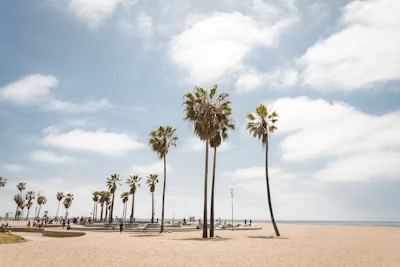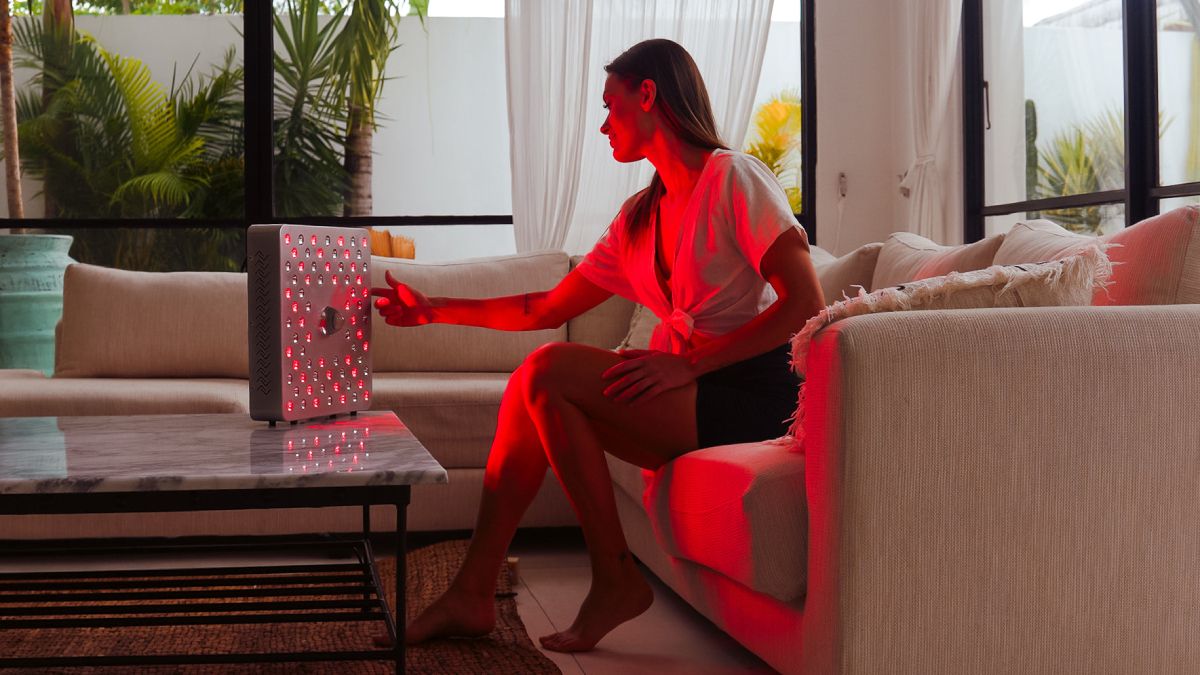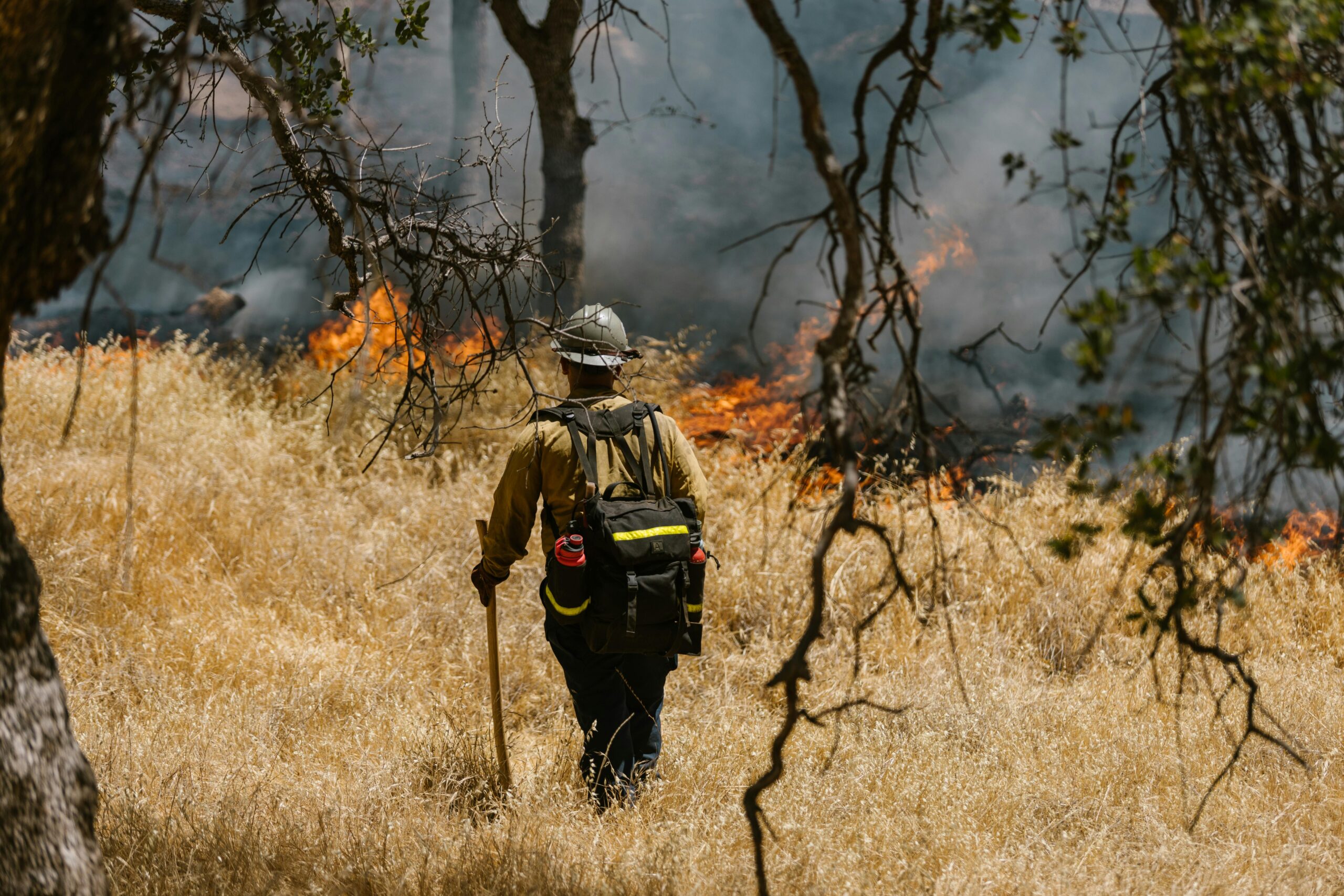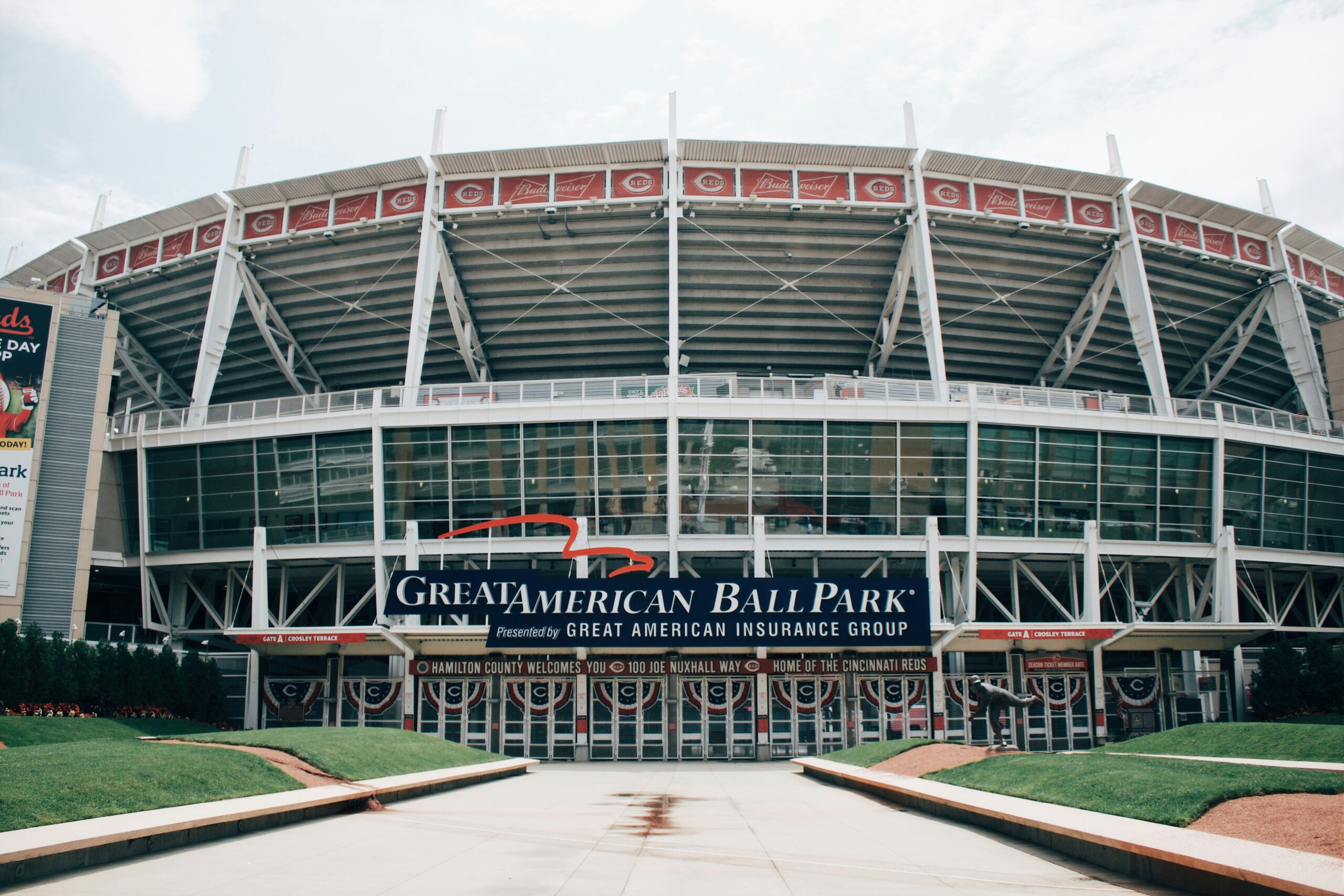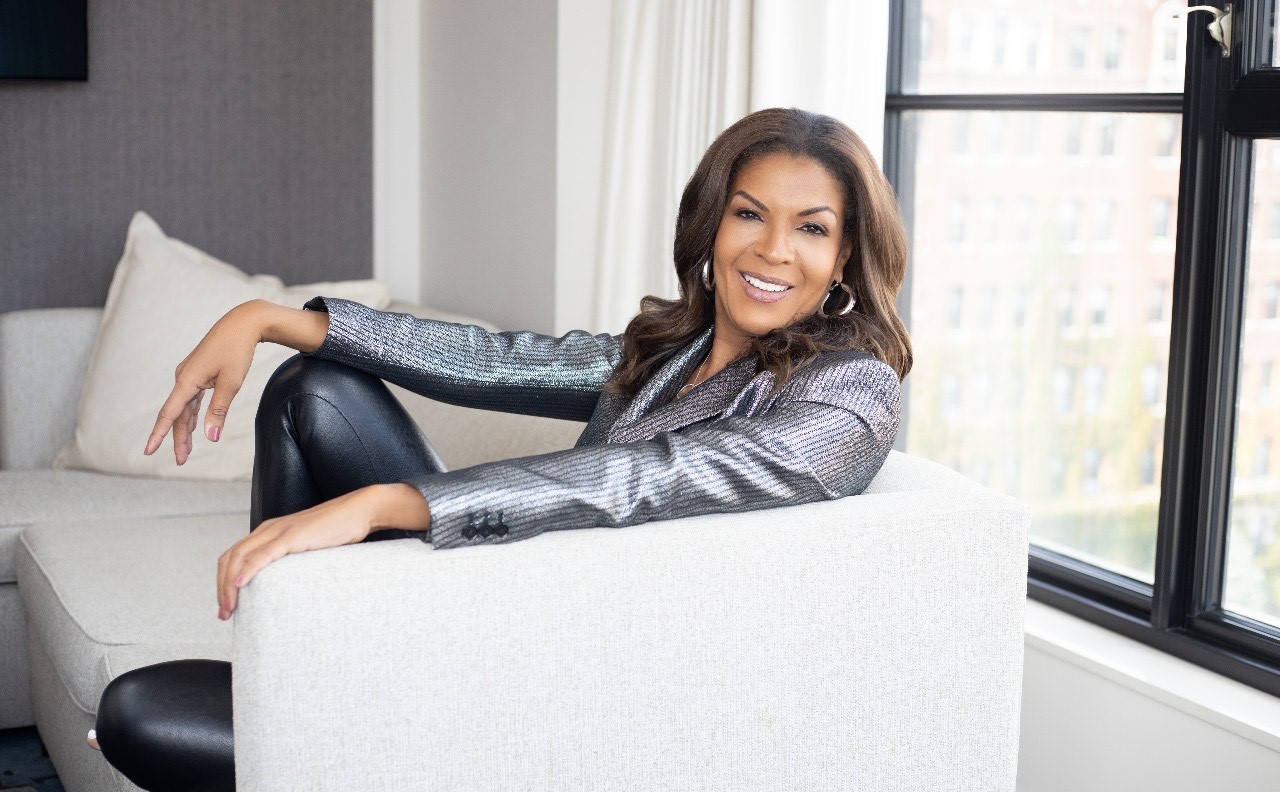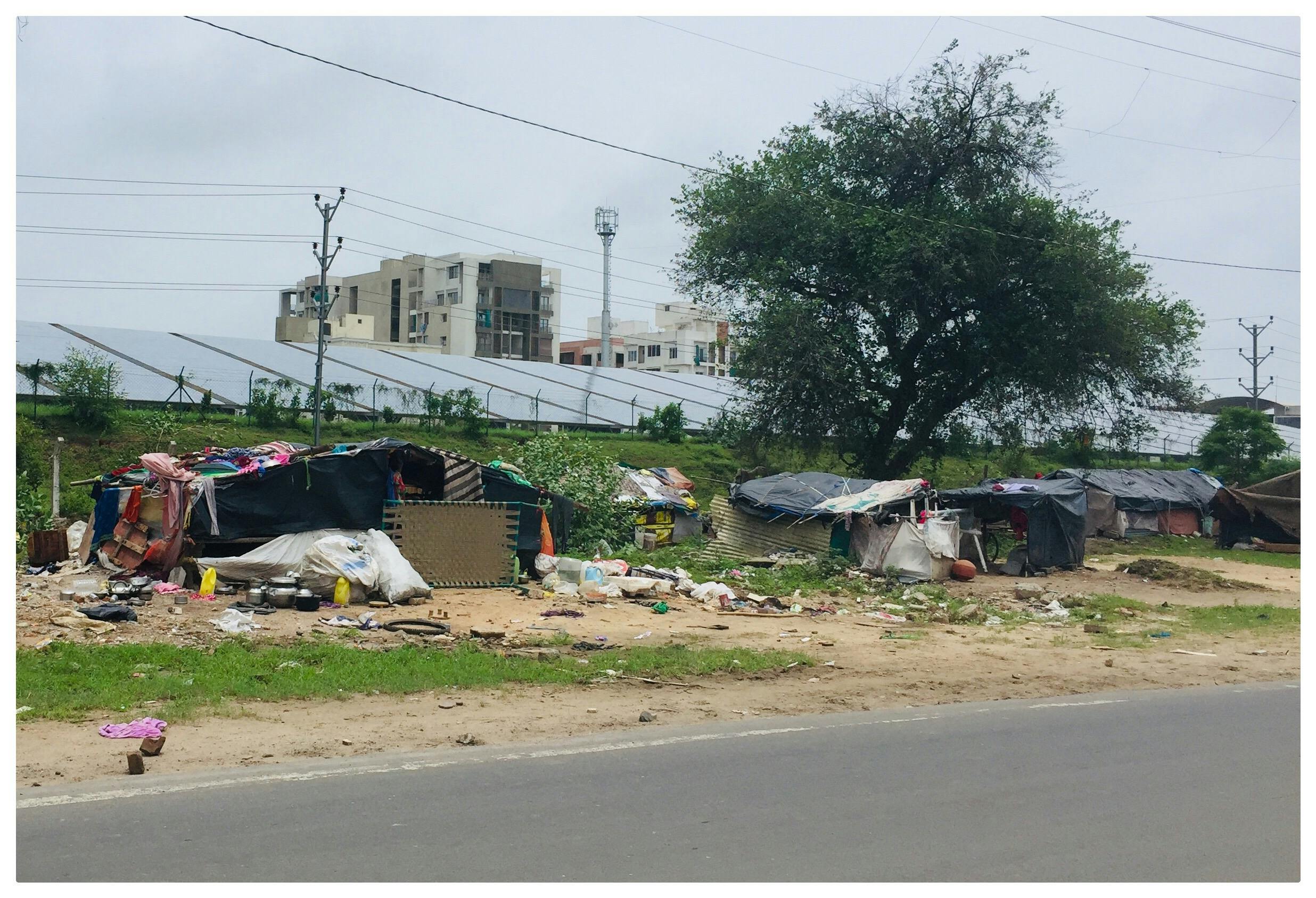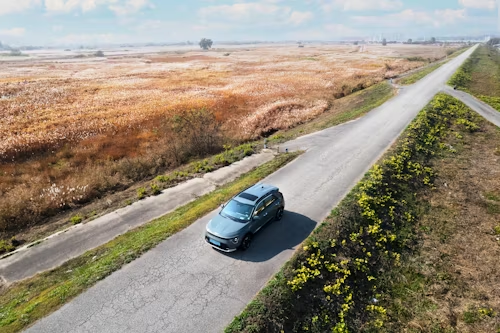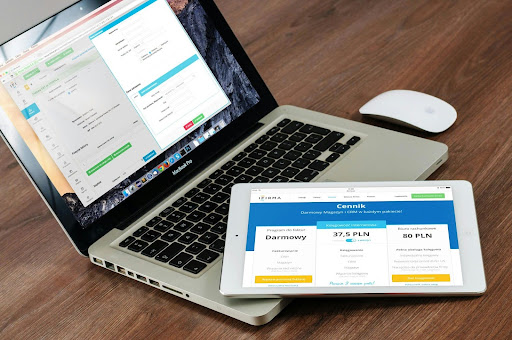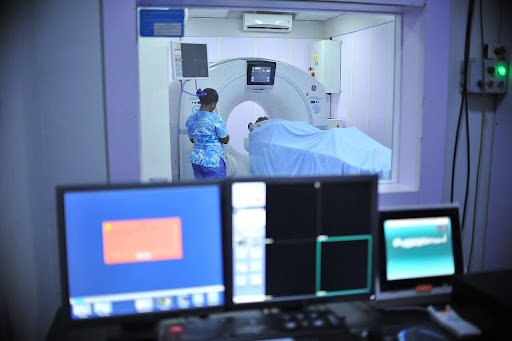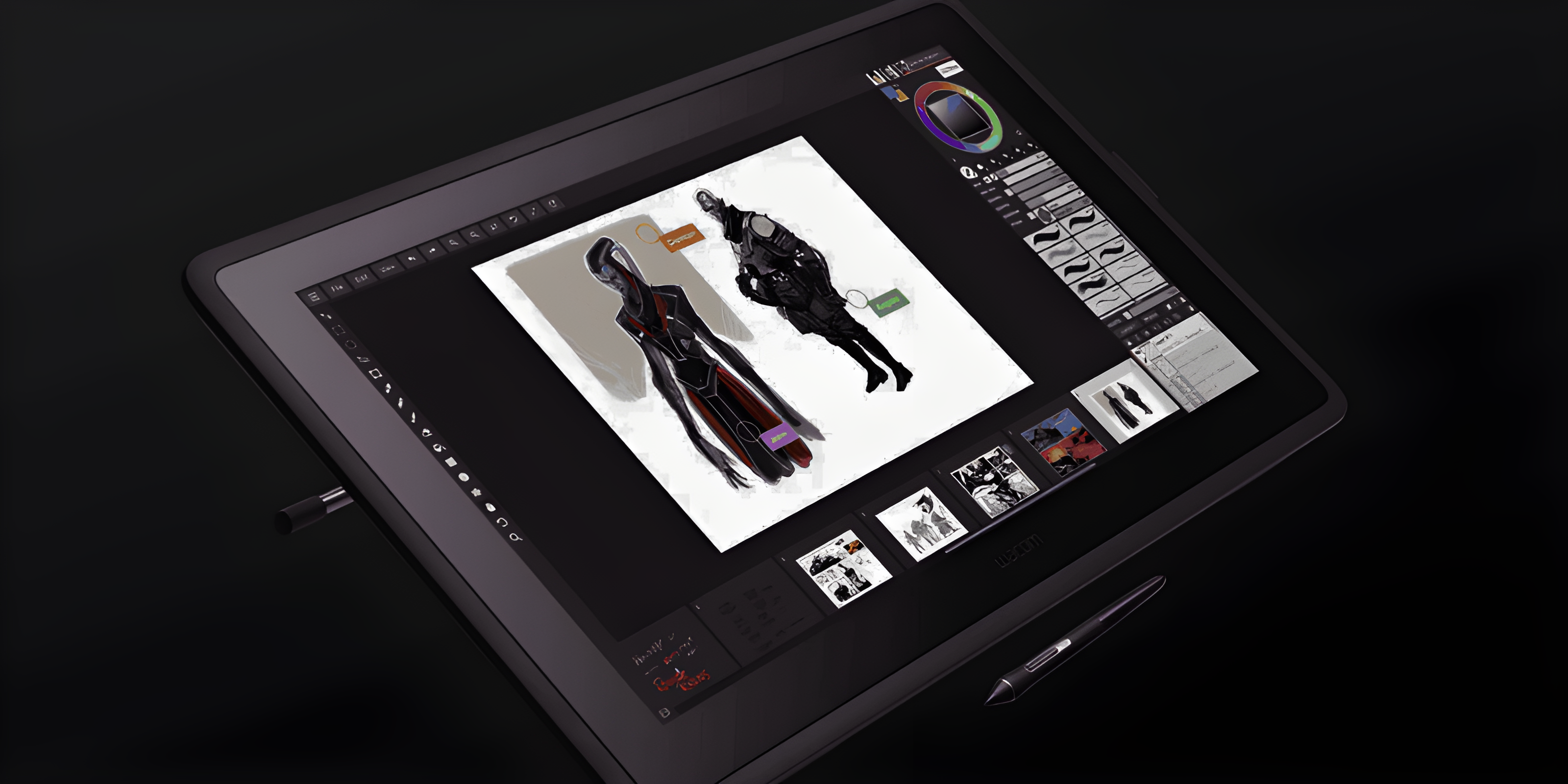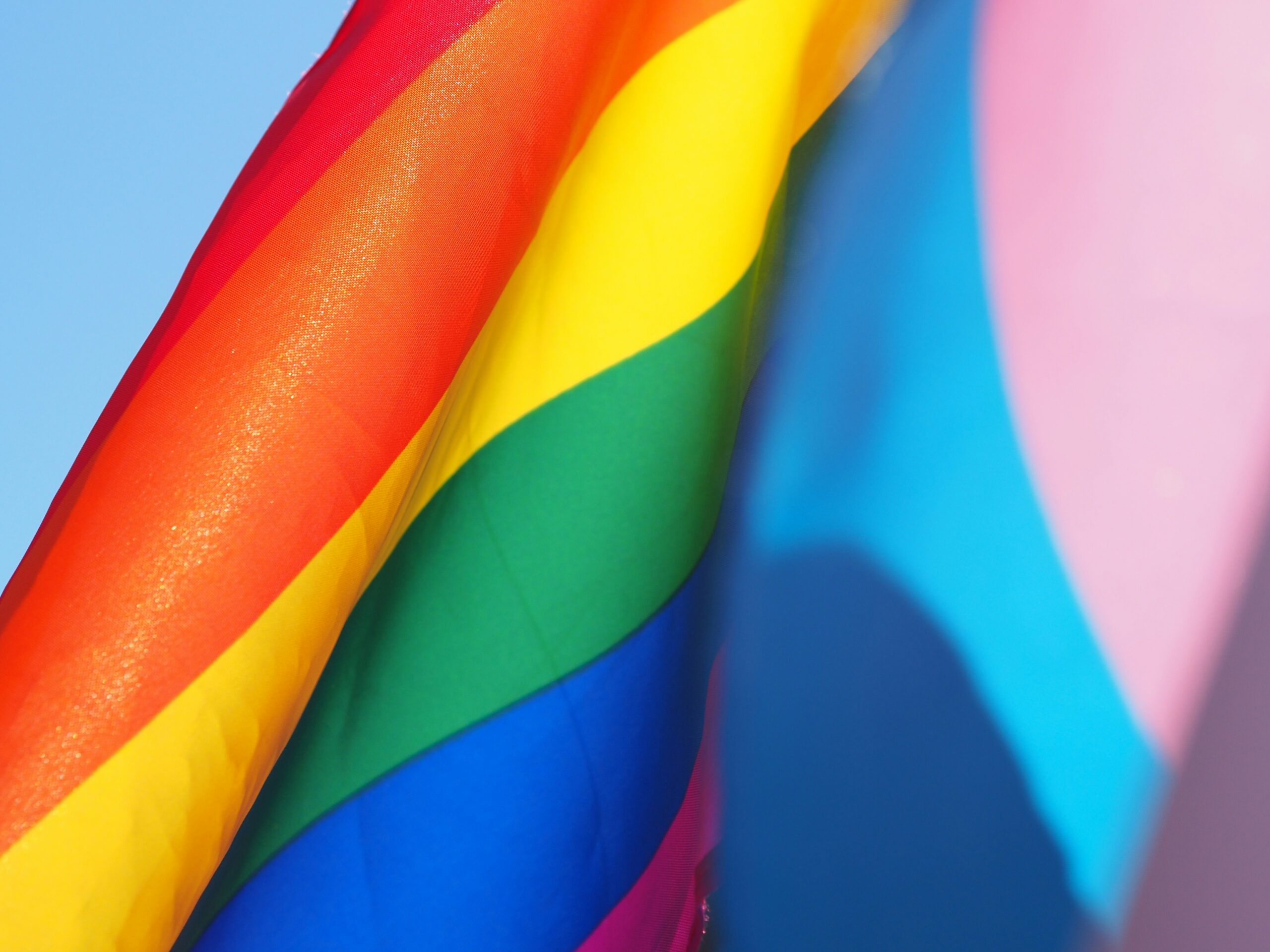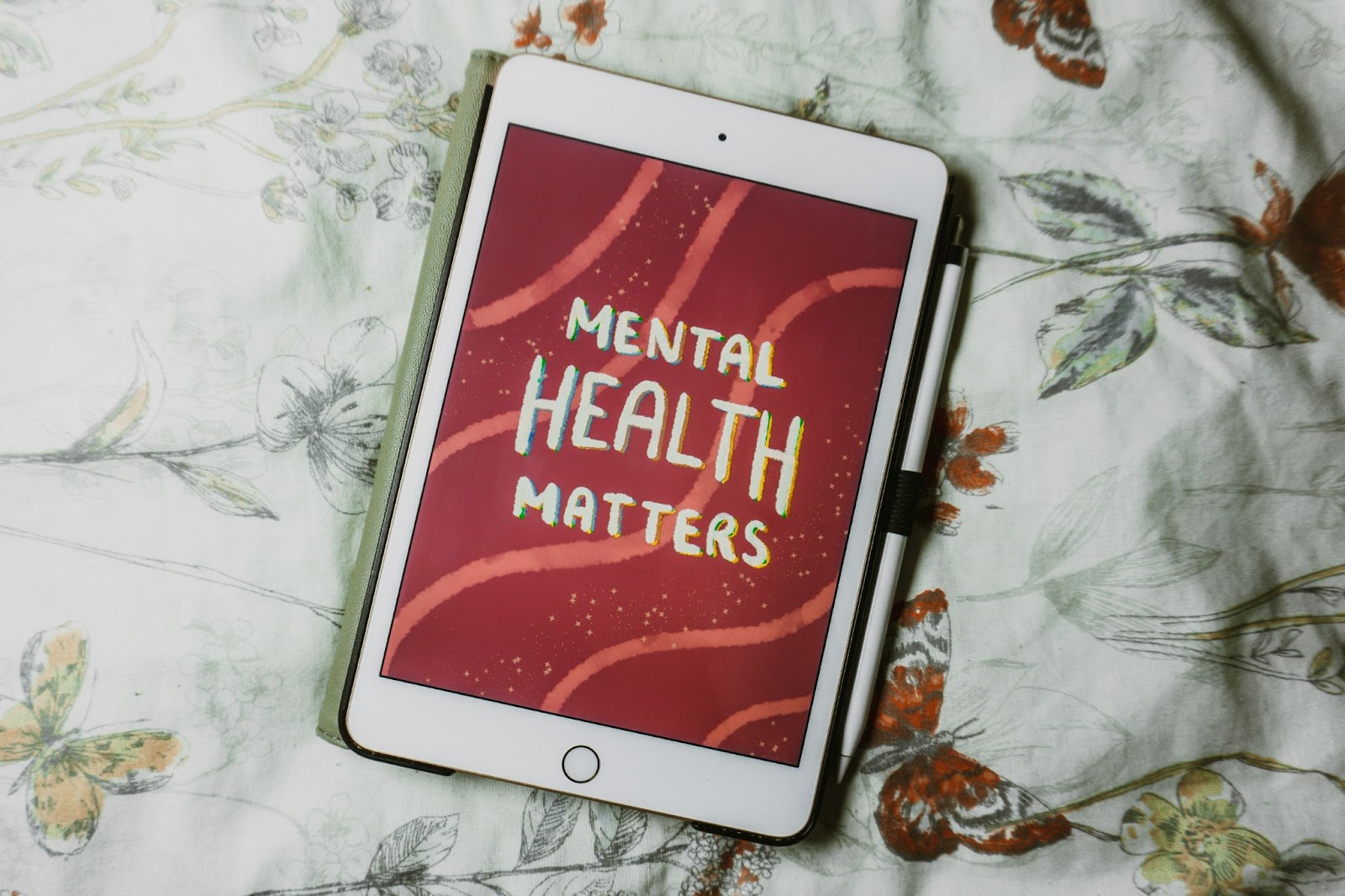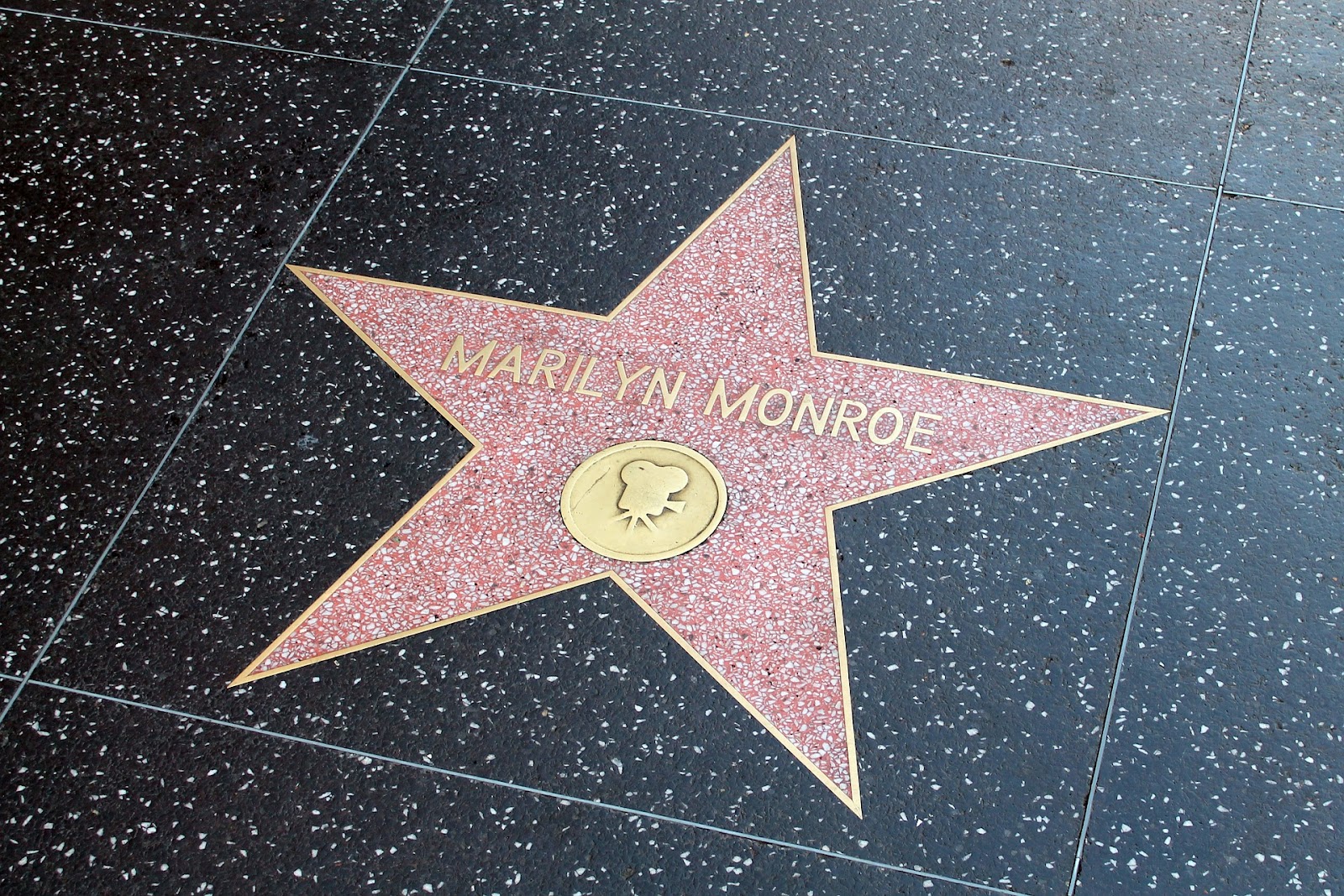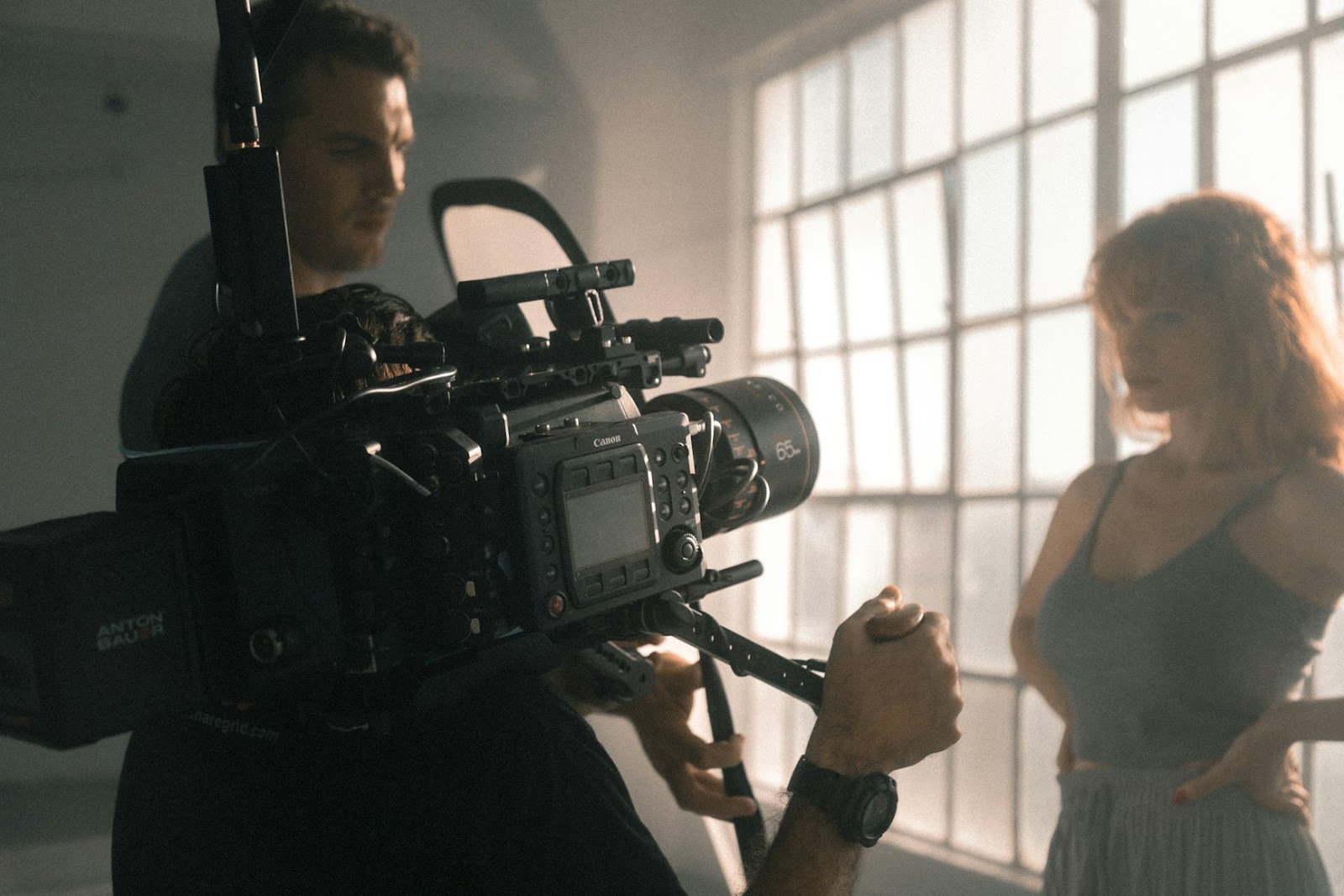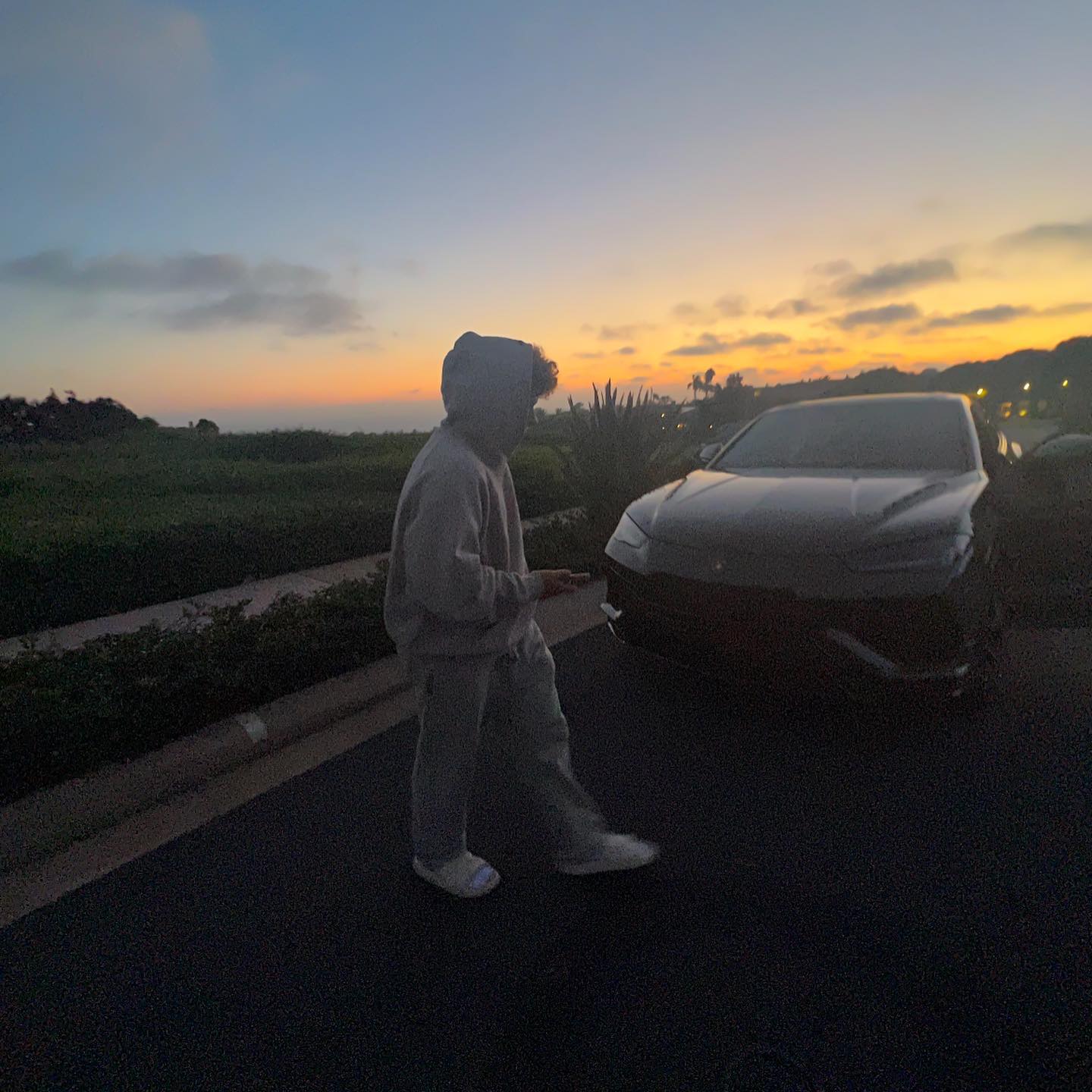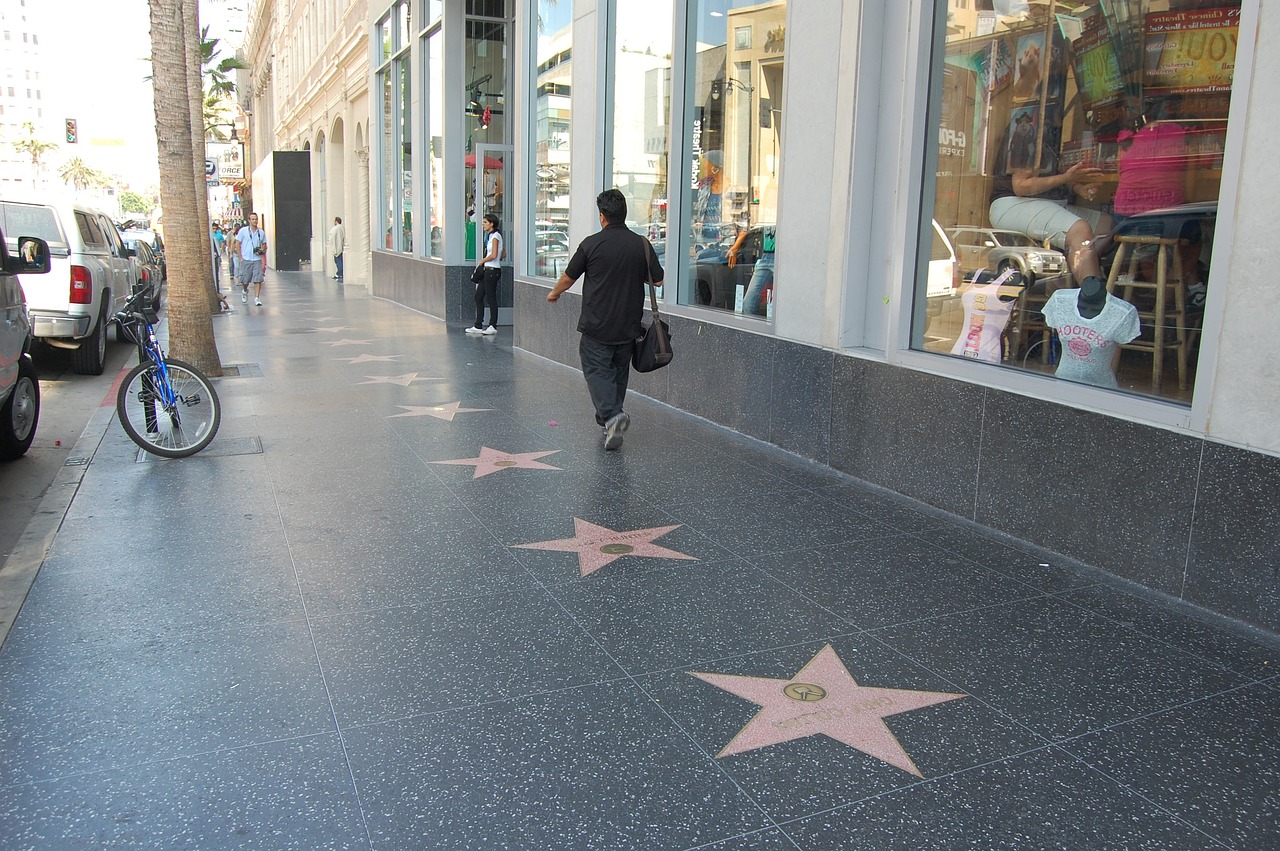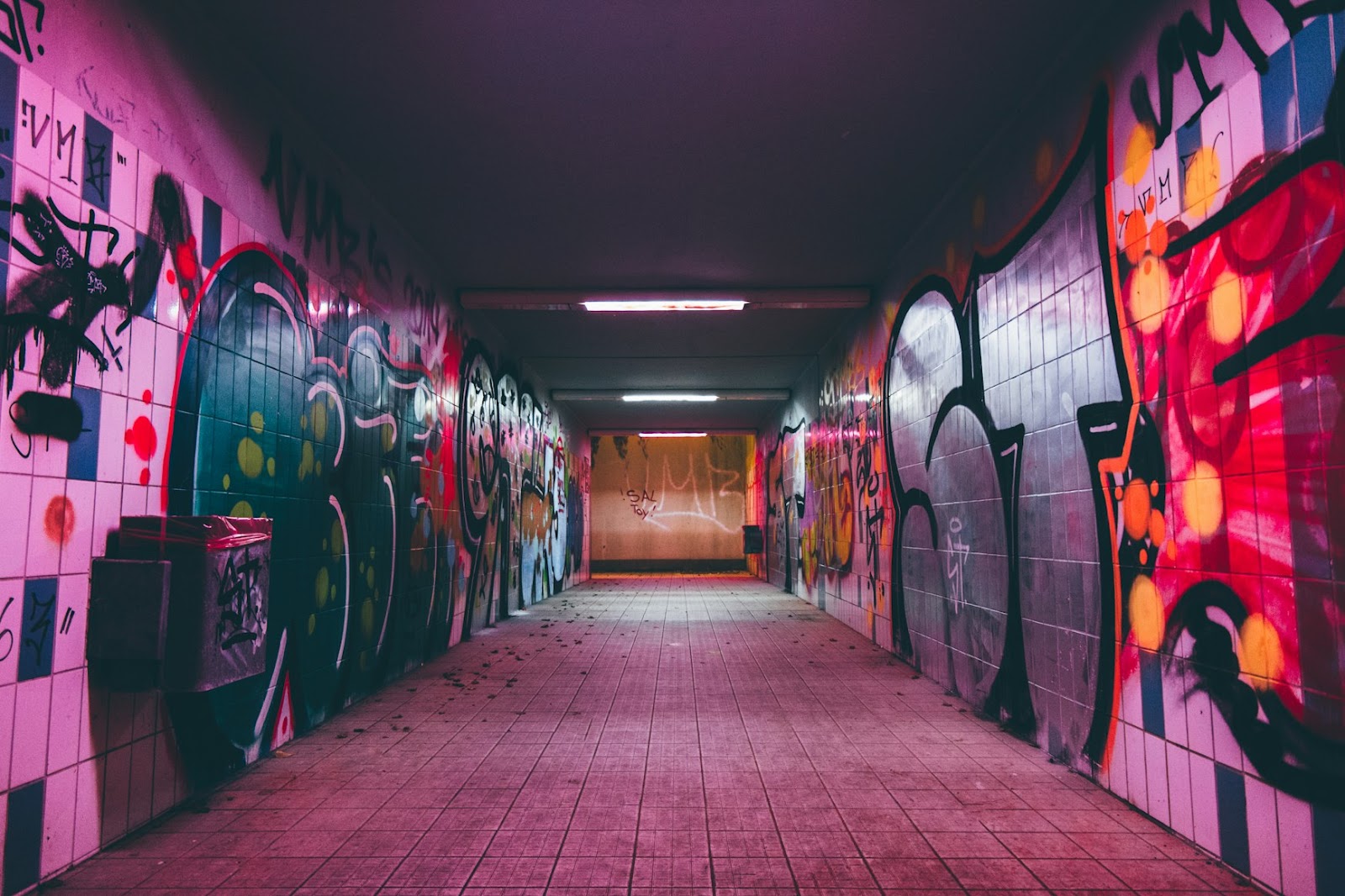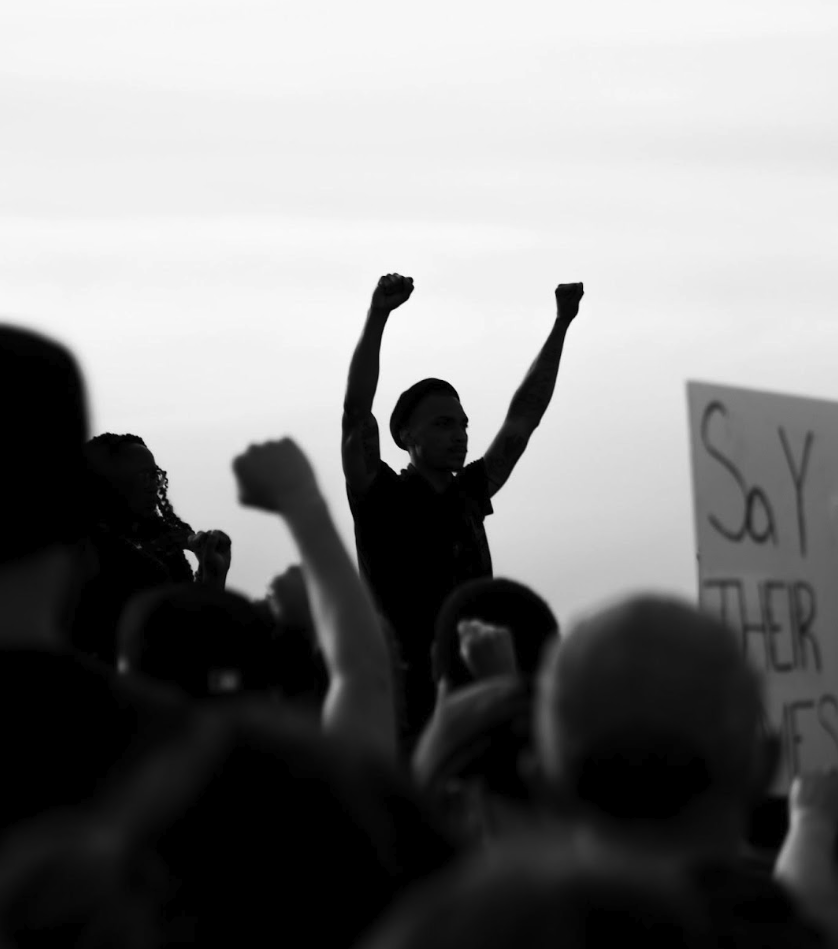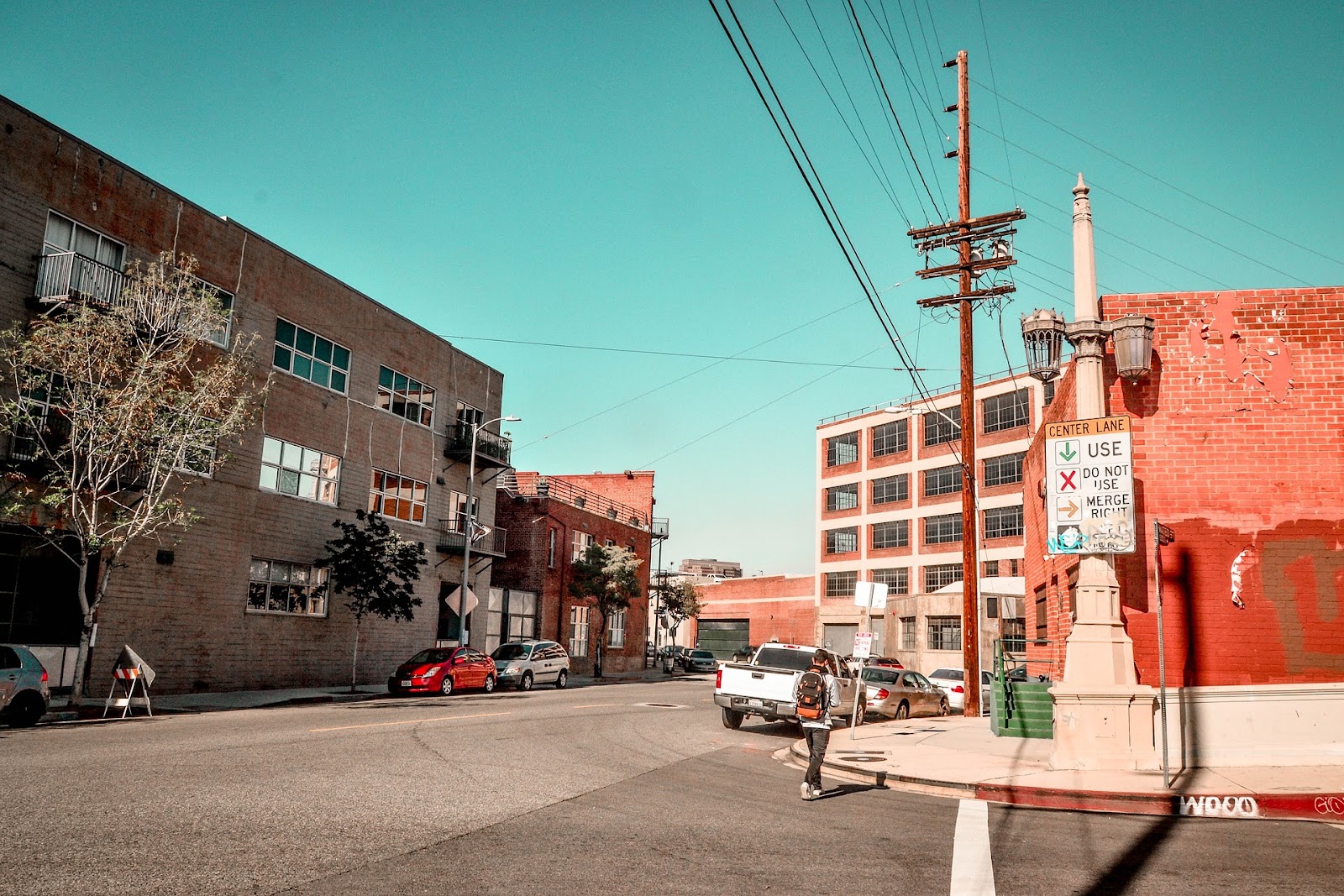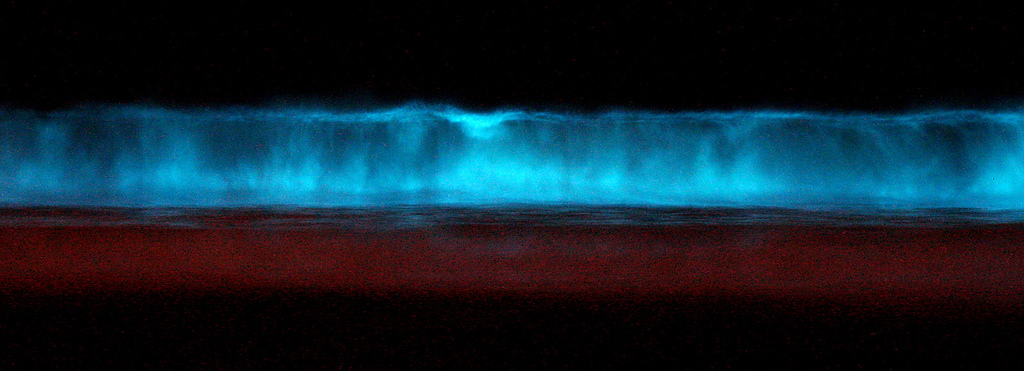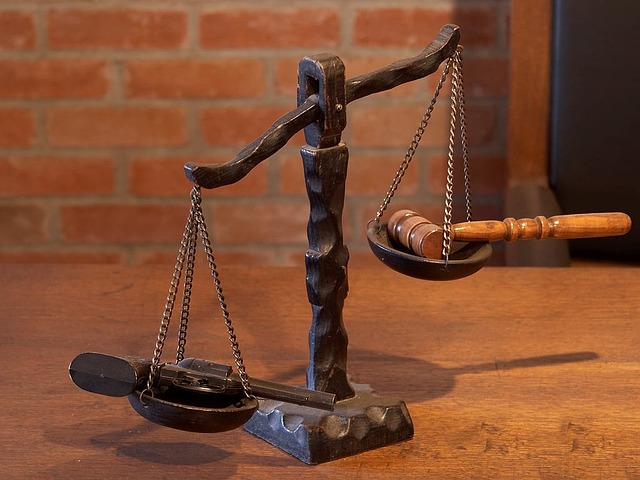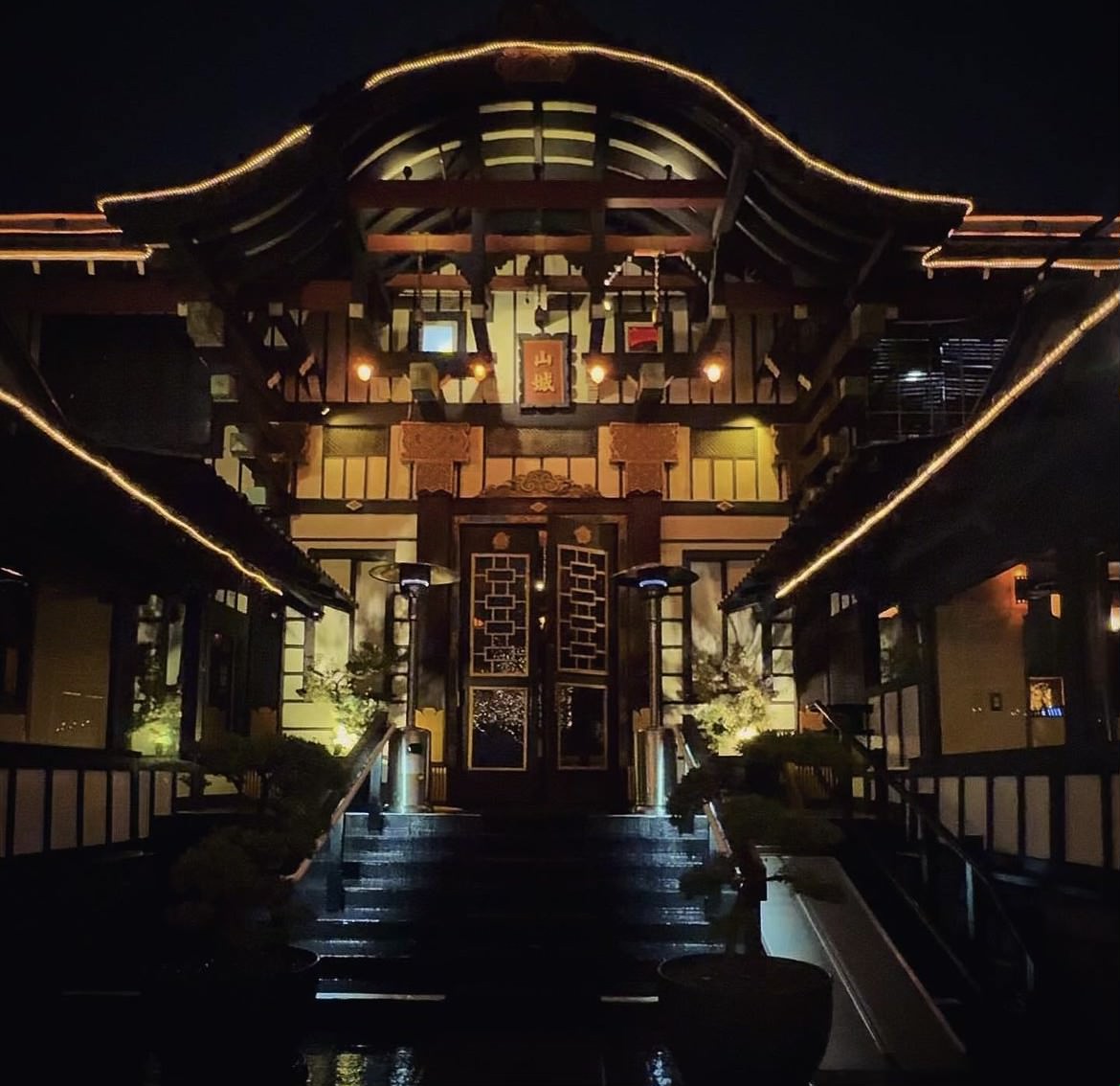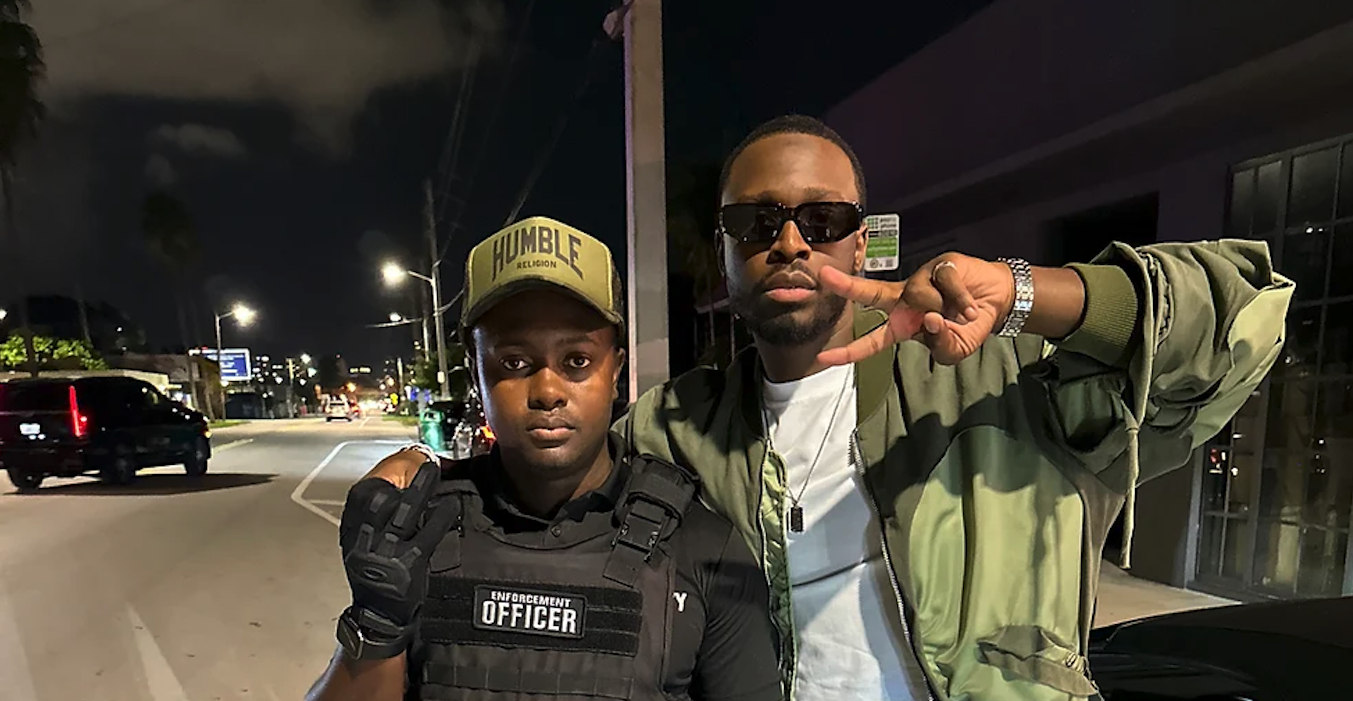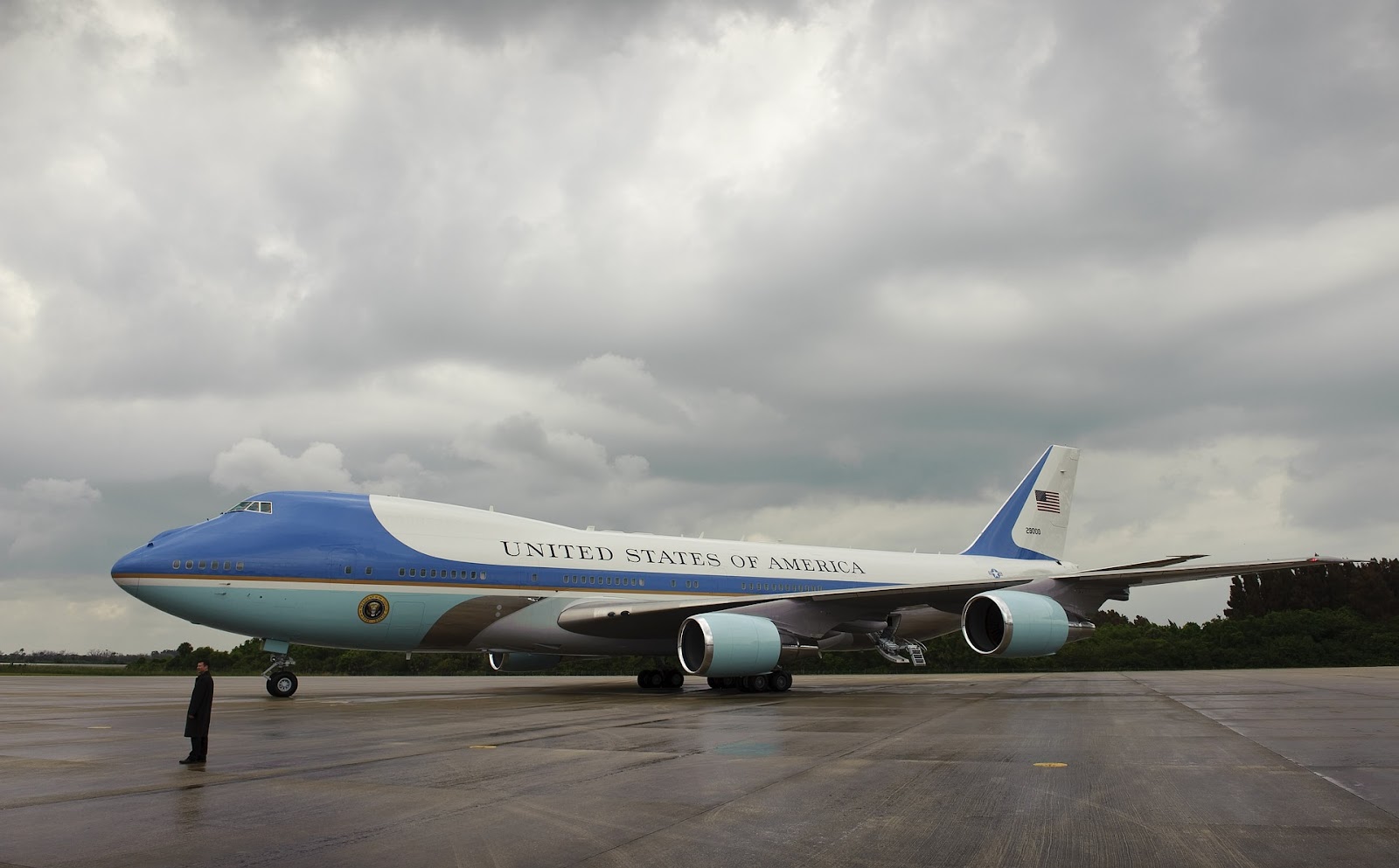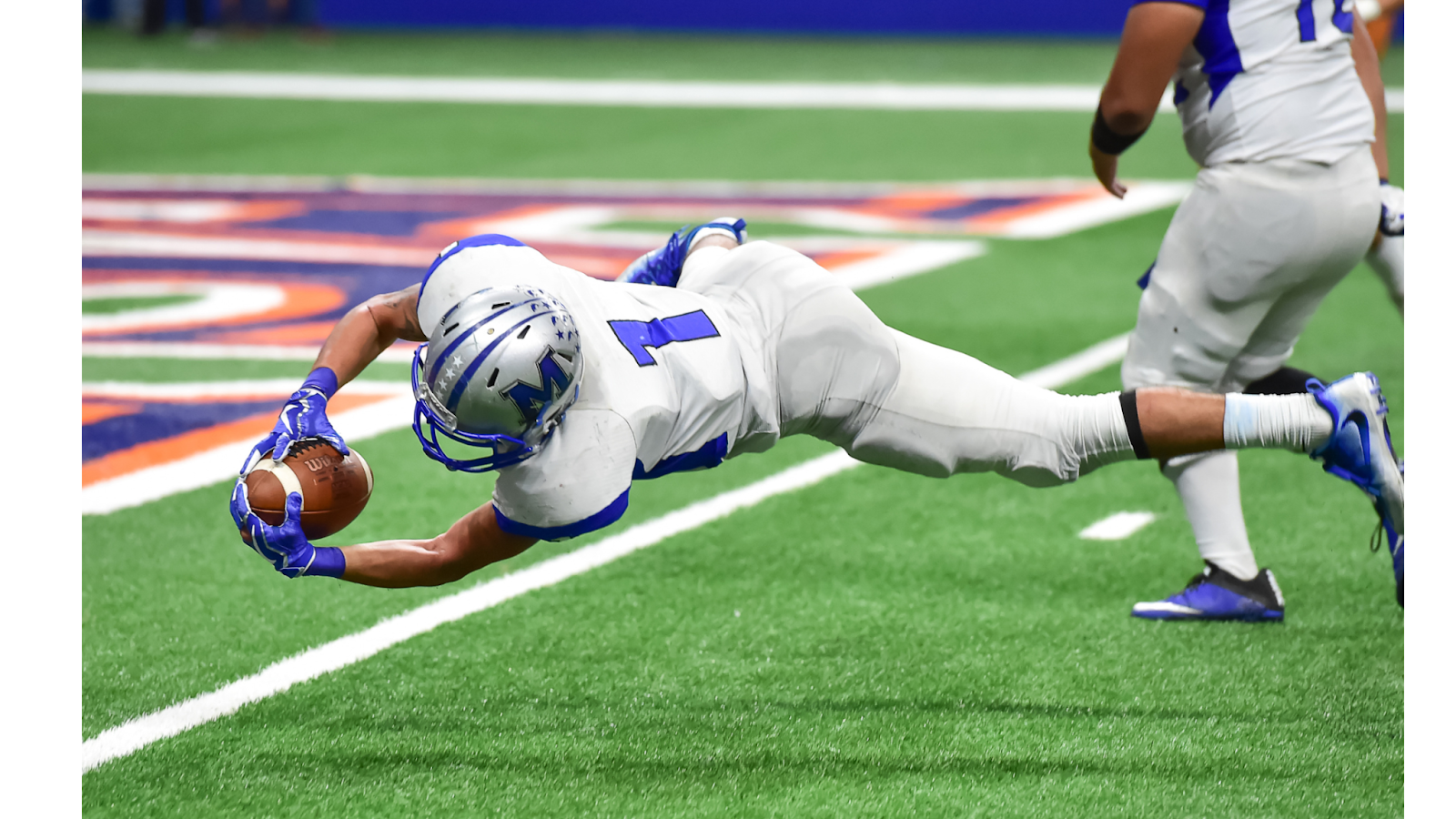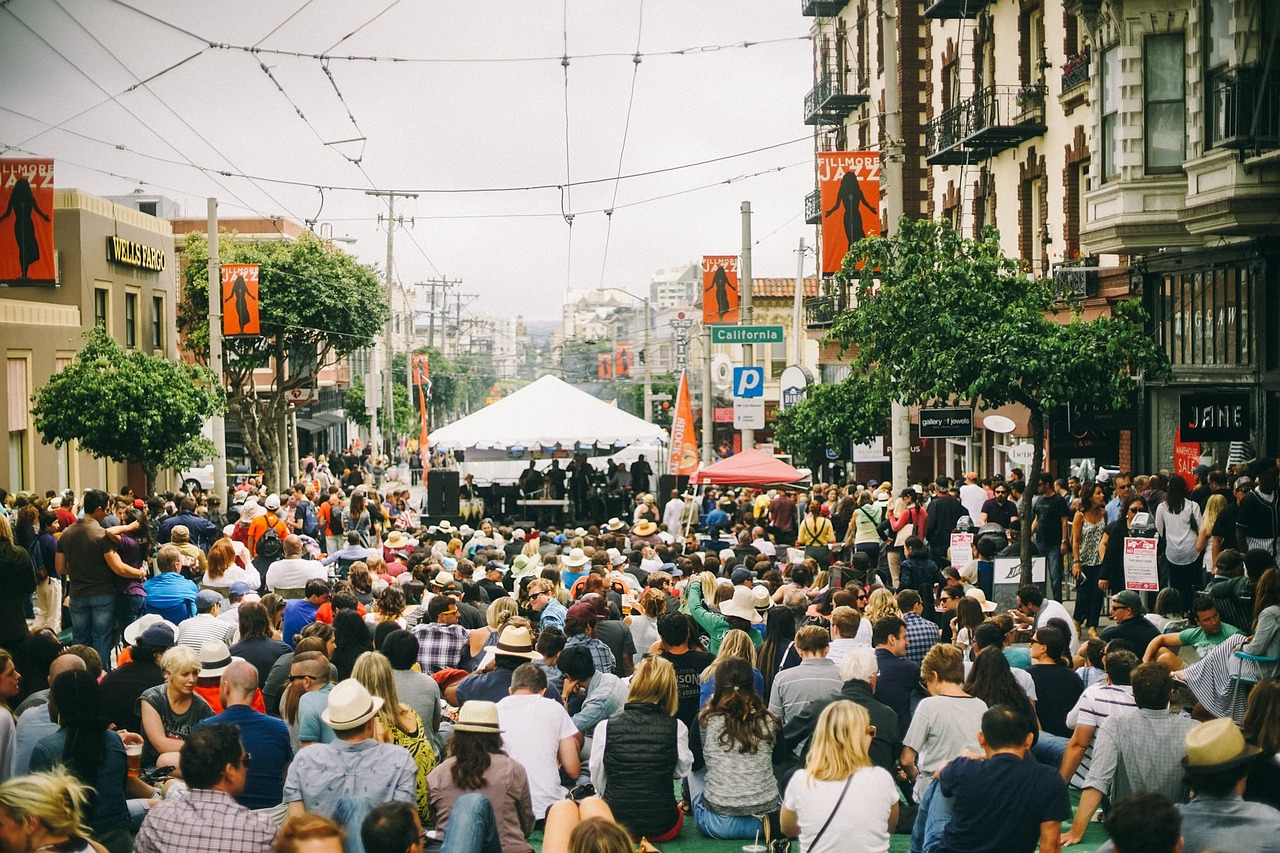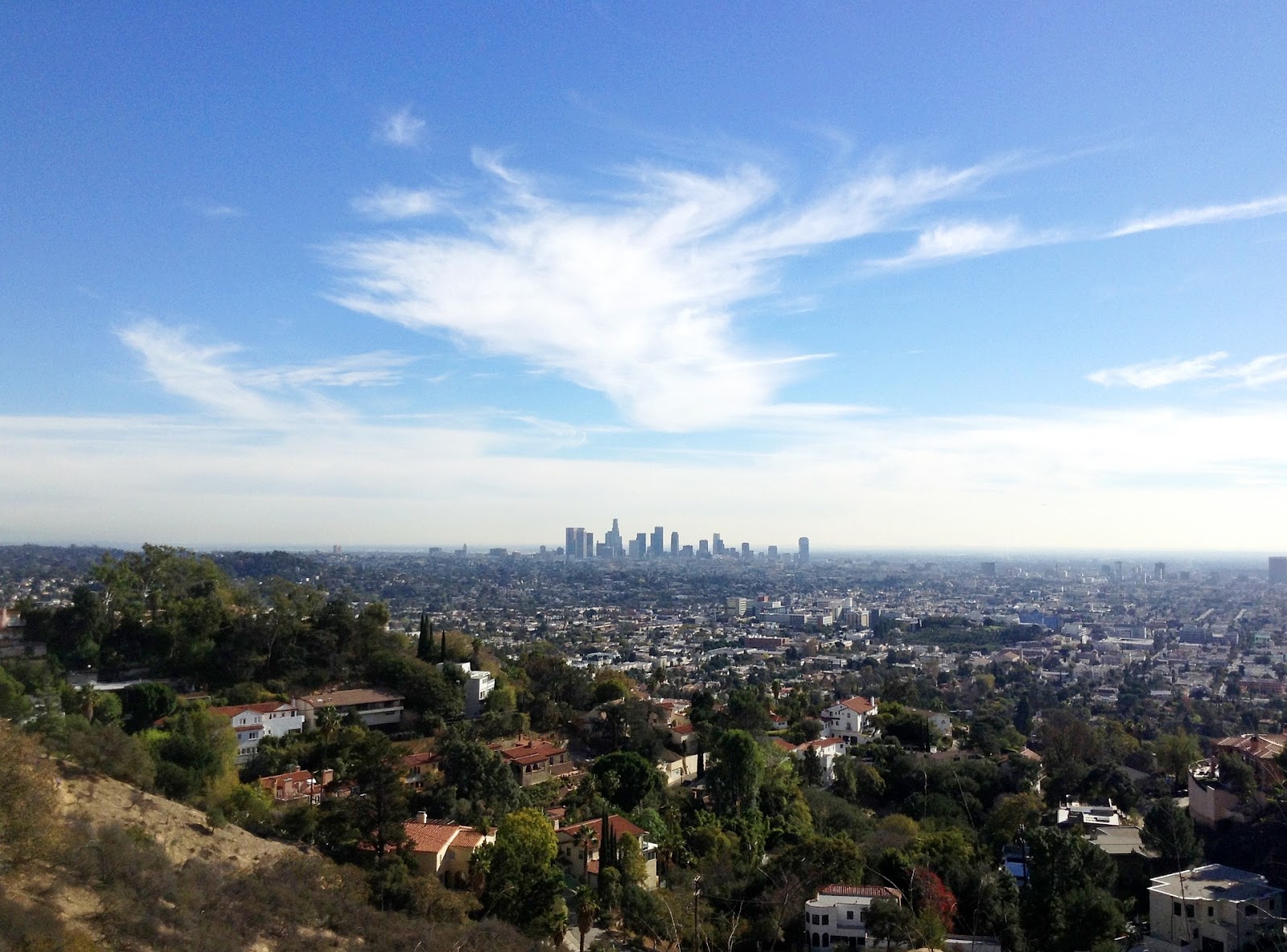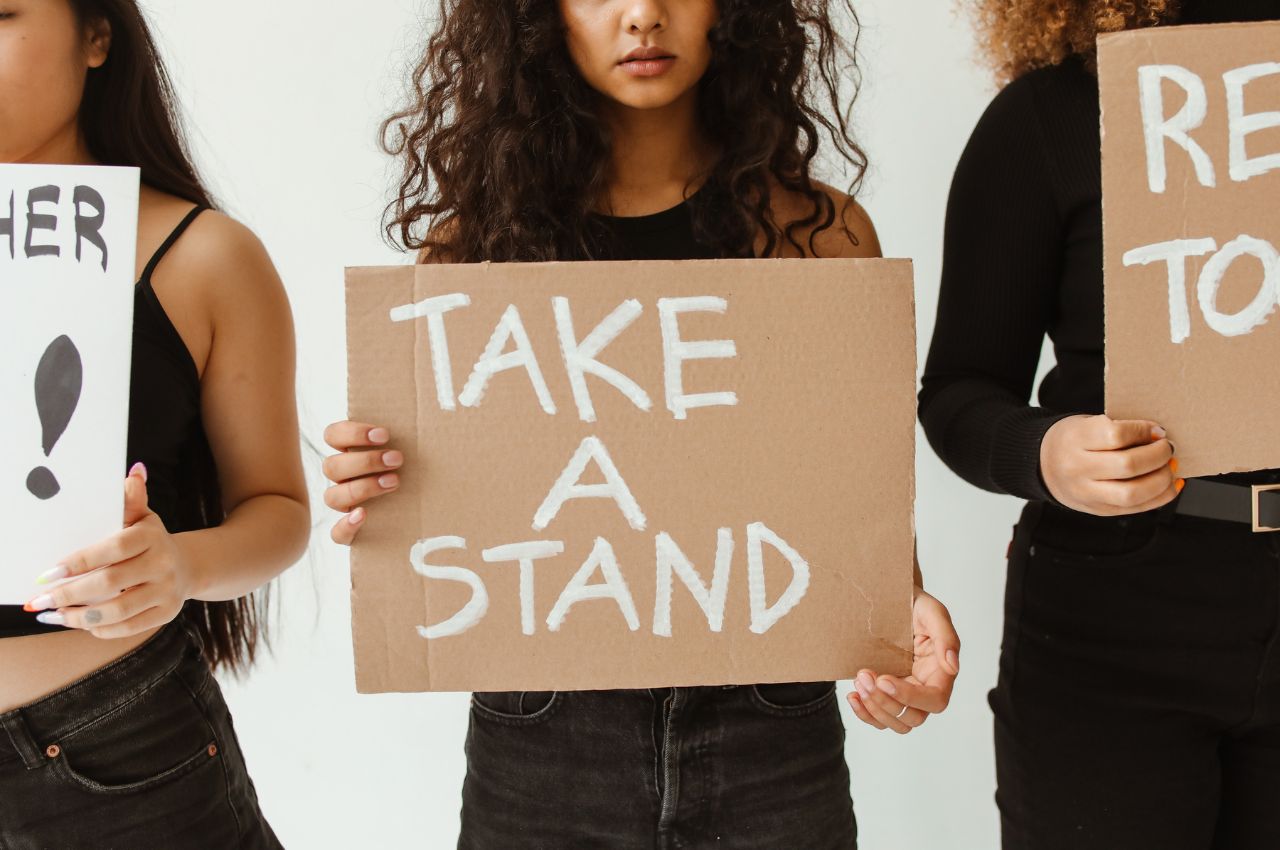On Monday, the Los Angeles federal court held a hearing that many speculated would focus on a possible independent audit of homelessness programs in Los Angeles. The programs expected to be under scrutiny included the Inside Safe initiative, a signature goal for Mayor Karen Bass. In previous hearings, U.S. District Judge David Carter had said that he supported the proposition for a court-monitored, third-party audit of the city’s expenses on programs focusing on homelessness.
The hearing resulted in movement toward an audit, though no third-party auditor was named, and no specific date for such an audit has been set. Instead, in the short term, Judge Carter has said, “The best auditor will be the public.” Carter has pressed for city officials to post invoices that show what the city has paid, specifically for thousands of beds meant for shelters. The beds in question would have been purchased as part of the Mayor’s Inside Safe initiative, as well as 20 thousand additional beds from two prior lawsuit agreements.
“There will be an interest in which provider is actually providing something meaningful and which provider is submitting this underlying data to justify these invoices,” said Judge Carter, who had questions about how much money was going to administrative costs and how much was going to direct services to take care of the homeless population and those in shelters. Carter also pointed out that an earlier 2020 audit found that, back then, the necessary records did not exist.
Carter invited each of the city officials in the room—which included Mayor Karen Bass and L.A. City Council President Paul Krekorian—to be the “first entity in the state that steps up with transparency.”
Mayor Bass quickly agreed to provide the invoice records, saying that “the city will ensure that within two weeks,” supporting documentation would be publicly available and that it would continue to be made available on an ongoing basis. “We’ve reaffirmed our commitment to transparency and accountability,” Bass told media on the way out of the hearing. “Within a couple of weeks, we’ll have a website up that lists all of the invoices so that you can see how much money was paid to various organizations and for what.”
However, this has not removed the need for a third-party audit. Judge Carter pressed the hearing’s plaintiffs—the L.A. Alliance for Human Rights—and city officials to reach a deal on the scope of an audit, which the Judge would oversee. By the end of the hearing, such a scope had been agreed to, though a timeline had not been reached. Reportedly, there are still details and minutiae to negotiate. Judge Carter set a Thursday deadline to provide those details, as well as the names of proposed third-party auditors, and set another hearing for Friday to discuss them.
The plaintiffs in the case, the L.A. Alliance for Human Rights, is a coalition of downtown business owners and residents who first sued the city and county of Los Angeles in March 2020. Their efforts have made significant headway with the help of officials swayed to their side. One such official, Councilwoman Monica Rodriguez, said last week in a letter to the court, “Until we can verify what each level of government is doing to solve the greatest humanitarian crisis of our time, I cannot say with certainty that we have an efficient and effective operation free of redundancies.”
